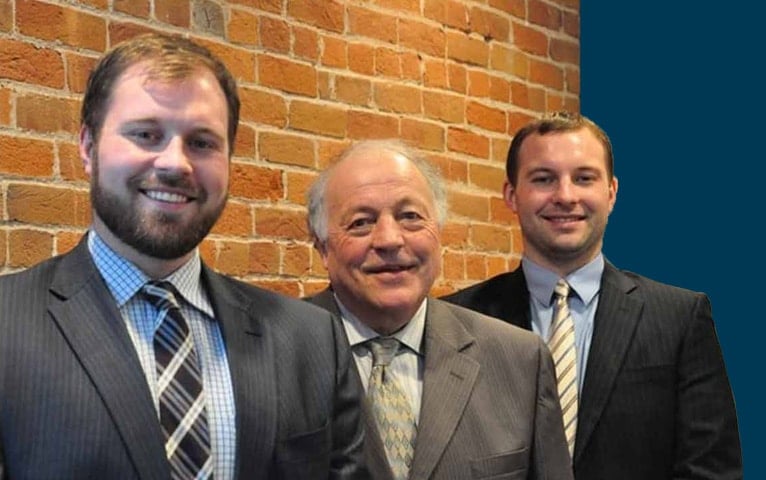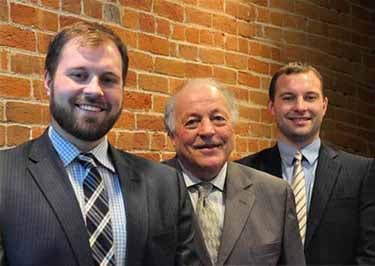There are several different kinds of bankruptcy. Chapter 12 bankruptcy helps those with agricultural businesses, while Chapter 13 is a good solution for those with a lot of property or higher-than-average income.
For those with below-average income and fewer assets, Chapter 7 bankruptcy can be the best option. Chapter 7 or liquidation bankruptcy involves an individual who passes a means test asking for a discharge from the courts.
Certain personal property may be subject to liquidation, although people filing can protect value in a vehicle, equity in their home and other crucial assets with bankruptcy exemptions. For those with reduced income and significant levels of unsecured debt, Chapter 7 bankruptcy can be the best solution. Is Chapter 7 an option for you?
There are income limits on Chapter 7 bankruptcy
Income limitations help prevent abuses of Chapter 7 filings. Those who hope to file Chapter 7 bankruptcy need to compare their adjusted income to the state median to determine if they qualify.
The size of your family dictates how much income you can have while still qualifying. In Wisconsin, a single person can qualify for Chapter 7 bankruptcy if they earn $55,334 or less. Someone with two people in their family can earn up to $73,061, and that adjusted income cap goes up to $88,431 for three-person households or $104.978 for families of four. Potential filers can add $9,000 to that figure for each additional family member.
It can be difficult to accurately adjust your income as required for Chapter 7 filing, so those whose income over but close to the maximum amount for the household size may want to review their circumstances with a professional.
What you need to know about Chapter 7 bankruptcy
If you qualify, Chapter 7 bankruptcy can be a relatively quick way to secure a discharge. You will have an automatic stay that takes effect when you file, and you will be able to eliminate repayment requirements on credit cards, medical debts and other unsecured debts once the courts approve the filing. The discharge will remain on your credit report for 10 years, after which point it will no longer affect your creditworthiness.
Chapter 7 bankruptcy can be an ideal solution for those struggling to repay their debts while managing other household expenses.



